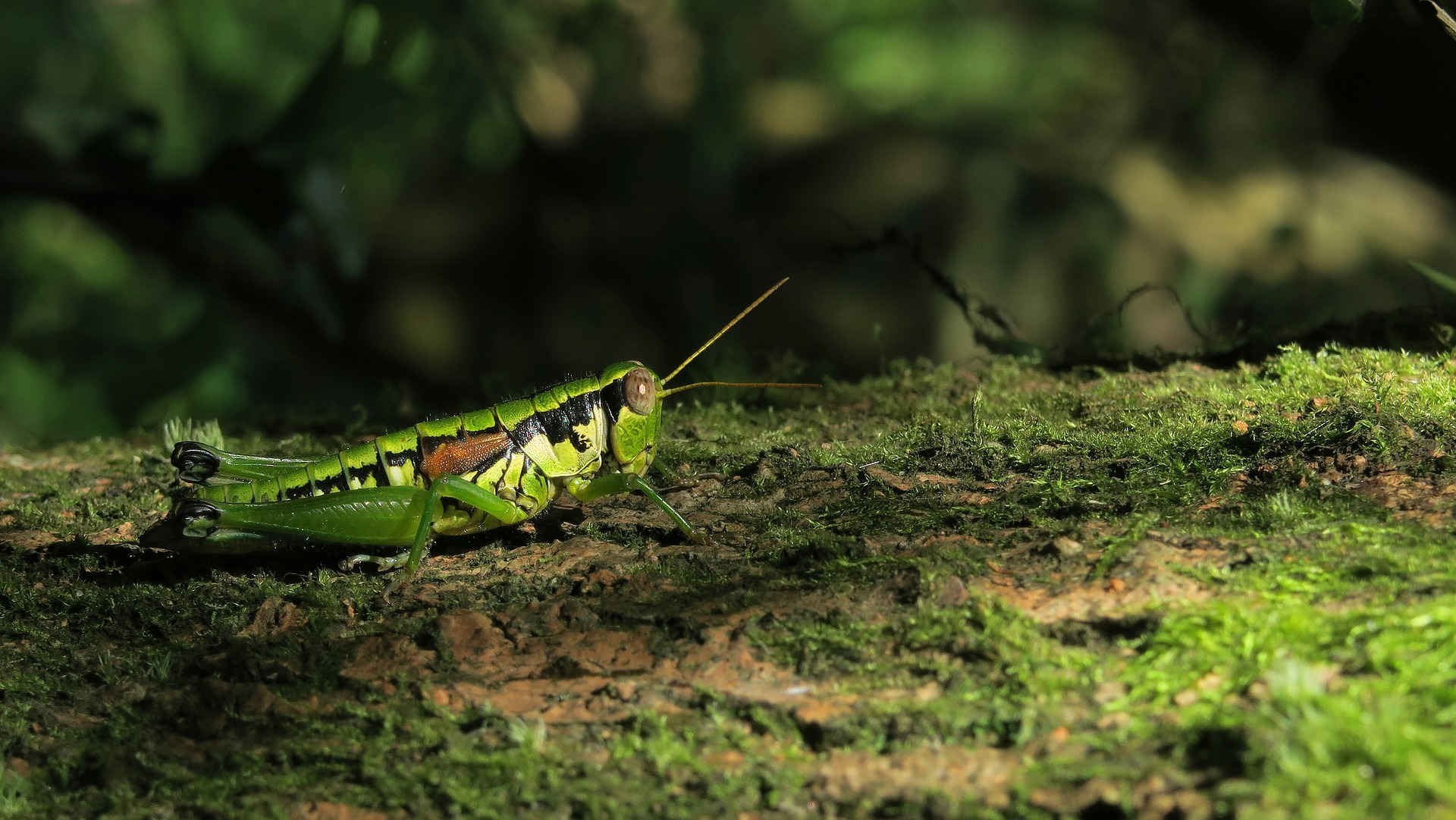News release
From:
Climate change and alpine-adapted insects: modelling environmental envelopes of a grasshopper radiation
Mountains are sensitive barometers of climate change. We developed statistical models of ecological niche models for twelve species of flightless grasshopper that live on mountains in Aotearoa New Zealand, using their current distributions and environmental data and projected future conditions to investigate the impact of anthropogenic climate change on biodiversity. All twelve species studied are predicted to suffer extreme reductions in range, with a quarter likely to go extinct due to a 96–100% reduction and fragmentation of habitat in the next 50 years. Fragmented habitat supports smaller populations of grasshoppers and other biota which are more vulnerable.



 New Zealand
New Zealand



